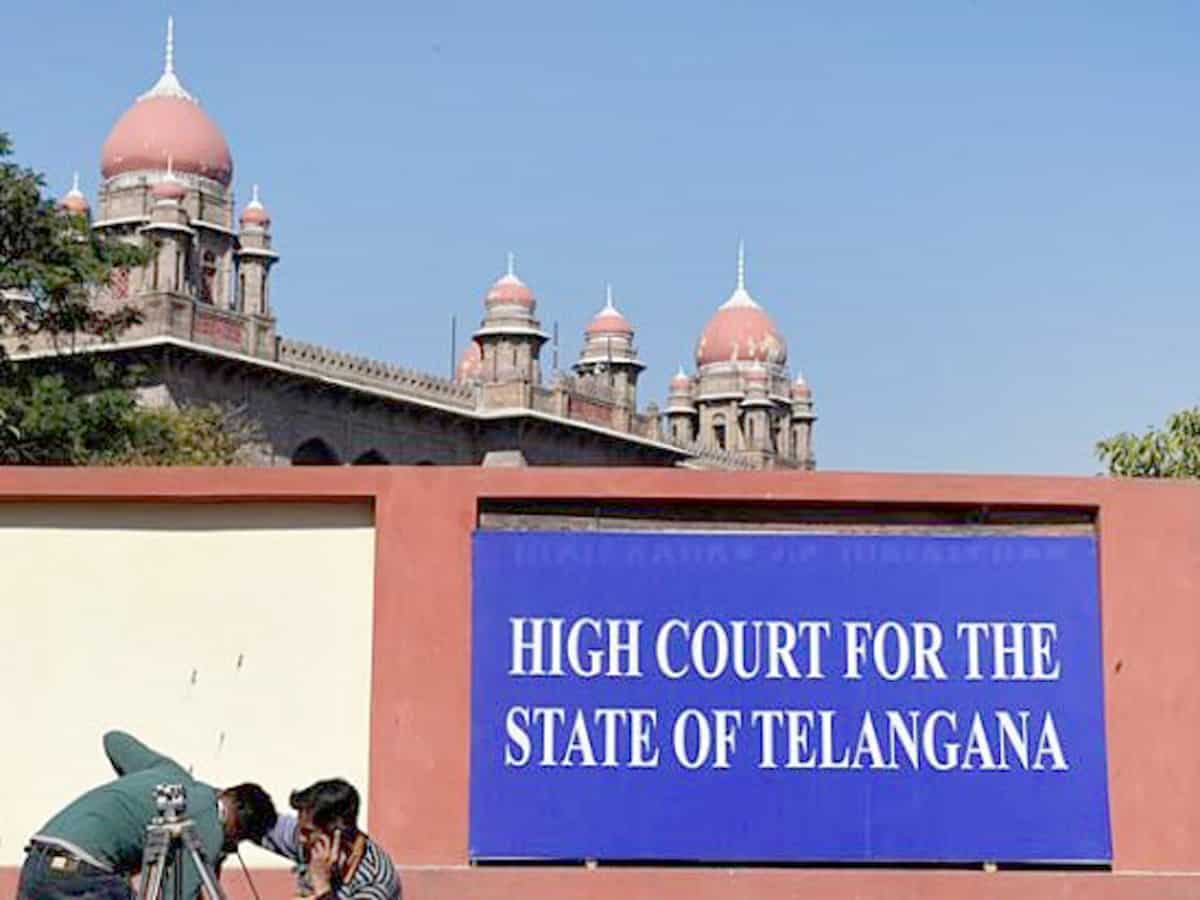
Hyderabad: The Telangana High Court on Tuesday refused to put a stay on Government Order 317, and the transfers affected by it.
The High Court stated that the case regarding the transfers of teachers to new districts will be subject to a judgement rendered according to a batch of petitions challenging the validity of GO 317. A bench led by Cheif justice Satish Chandra Sharma and Justice Abhinand Kumar Shavili refused to stay the operations of the GO while hearing a batch petition.
The government has been directed to file a counter in its defence. The bench said, “We will pass orders only after knowing the version of the state.” On hearing the request of the lawyers representing the petitioners, it further mentioned that all transfers made under the GO will be based on the final outcome of the petitions. The case will be scheduled for hearing in April.
What is GO 317?
The government of Telangana on December 6, 2021, introduced Government Order 317 dealing with Telangana Public Employment. It has introduced the zonal system for job allotment. This policy was formulated after Telangana was reorganised into 31 districts in 2016. The reorganisation led to the creation of new districts including Asifabad, Bhupalapally, Mancherial, etc.
As per the GO, the District Collector and the concerned Head of the Department in that district will constitute the allotment committee, making decisions regarding jobs and transfers for the district cadre posts.
Similarly, the allotment of zonal and multizonal posts will be decided by the principal secretary, special chief secretary, Head of the Department, and senior consultant to the government. On December 28, teachers began protesting against the GO at the secretariat. They alleged that the government had taken a unanimous decision, without consulting any of the teachers.
The protesters further stated that the GO 317 doesn’t consider the nativity of teachers during job allotment. Concerns were raised over the authenticity of the seniority list, as teachers alleged that those who had contacts with the authorities were being placed in cities and towns, while others were forced to relocate to remote areas.



